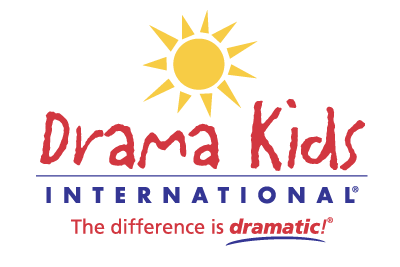
October is National Bullying Prevention Month and along with individuals around the nation, Drama Kids unite to present a powerful message that bullying should never be a part of childhood.
According to a study done by Comparitech, almost 60 percent of parents with children aged 14 to 18 reported them being bullied with nearly 83 percent of parents saying the bullying happened at school, and 32 percent saying it happened on the bus.
However, due to the pandemic, children increasingly find themselves on the internet taking classes, participating in after school activities, and engaging in social interactions. This increased online time can lead to an increase in cyberbullying.
What is Cyberbullying?
Cyber Bullying itself is a very broad term but includes any form of repeated abuse to a person directed through technology from another person.
According to “Cyberbullying: What Is Cyberbullying and How to Stop It”, an article on CallerSmart.com, The difference between traditional bullying, which takes place in person, and cyberbullying, is that the latter must involve the use of technology. Additionally, to be defined as cyberbullying, the interaction between two or more people must contain the following elements:
- The action must be willful. The behavior has to be intentional, not accidental.
- The incident must have occurred more than once. Bullying reflects a repeated pattern of behavior.
- The victim must perceive that harm was inflicted.
Where can Cyberbullying Happen?
Social media sites are where cyberbullying is the most prevalent. Websites like Facebook, Snapchat, Instagram, and Twitter, though some sites pose a higher risk than others. Comparitech shows that parents perceive Facebook to have the highest risk of cyberbullying incidents but in reality, studies have shown that Instagram is where a higher number of cyberbullying incidents take place. This is due to the increased number of teen users on instagram while parental presence is greater on Facebook.
According to Comparitech, Children aged 6 to 10 spent an average of 50 minutes a day on social media, while those aged 19 and older spent an average of 72.7 minutes online. Over a year, kids aged 6 to 10 spend an average of over 18,000 minutes on social media.
These numbers might seem alarming and cast a bad light on social media but social media is not inherently bad. It connects children and teens to their friends and enables socialization. Simply limiting the amount of time kids spend on it each day can broaden their horizons to other activities and decrease their risk of being bullied.
What can Parents Do?
There are many resources available to assist parents in identifying, addressing, and stopping cyberbullying.
Make sure your child knows the signs of cyberbullying.
Teaching your children appropriate ways to respond to bullying is extremely important.
You can help them improve their social skills and learn the importance of their words. When children can stick up for themselves verbally and be assertive, it can drastically improve the situation. These commanding words and sentences include things like:
“I want a turn now.”
“I don’t like this.”
“No.”
“Stop.”
“Cut it out.”
Stay aware of any changes in your child’s behaviour. Children usually do not share with their parents when they are being bullied but their attitude and behavior might change.
Suggest enrollment in safe activities or hobbies that keep children and teens away from social media.
Encourage “offline time” away from devices connected to the internet. Use this time to spend together eating family dinner or engaging in a new hobby.
Communicate the importance of a “digital reputation”. Share with them that anything put online, stays online and to only post things you want others to see.
Other ways to help your child can be modeling positivity, instilling a healthy self-esteem, emphasizing friendship skills, and teaching them positive self-talk and how to learn from mistakes. You can also role-play various bullying scenarios so your child will be ready and prepared to handle them if it were to happen.
Drama Kids International is proud to offer ACT UP! to Stop Bullying, a series of anti-bullying workshops that is designed with 3rd through 5th grade students in mind. If you are interested in learning more about this drama program and how it can be brought to your school, please don’t hesitate to contact us!
